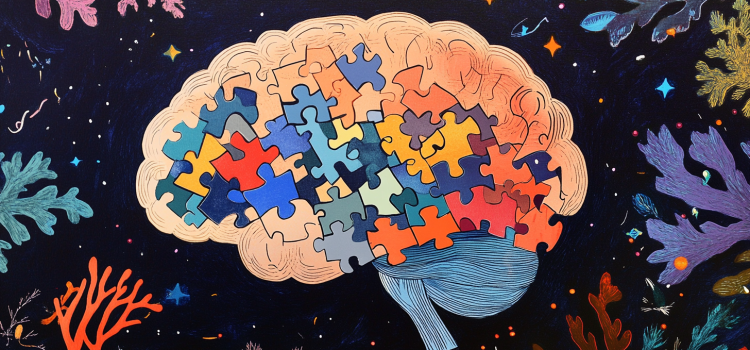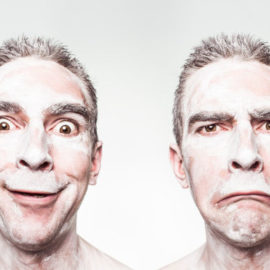
How much of what you remember actually happened? What invisible forces reshape your recollections each time you access them?
Our brains don’t record memories like video cameras. Instead, they act more like storytellers, reconstructing events in ways that serve us but don’t always reflect reality. In his book Subliminal, Leonard Mlodinow reveals how memory distortion follows predictable patterns.
Keep reading to discover why even your most vivid memories might be less reliable than you think.
Memory Distortion
While we often think of memories as perfect recordings of past events, Mlodinow explains that our memories are actually dynamic reconstructions shaped by our unconscious mind. Rather than acting like a video camera that faithfully captures and stores every detail, our memory system is more like a storyteller that recreates events each time we recall them.
Mlodinow explains that the reconstructive nature of memory serves an adaptive purpose: Instead of storing every detail of our experiences (which would be overwhelming and inefficient), our brains typically preserve the gist of events and then fill in specific details based on our expectations and prior knowledge. However, this process also makes our memories susceptible to distortion. Memory distortion typically follows predictable patterns:
- Simplification: Complex events get streamlined into simpler narratives.
- Rationalization: Confusing or ambiguous details are reinterpreted to make more sense.
- Integration: New information gets incorporated into old memories.
- Consistency: Memories tend to shift to better align with our current beliefs and understanding.
Many studies demonstrate how easily memories can be distorted or even fabricated. Even our most vivid and emotionally charged memories can be unreliable. This has important implications for how we think about our past experiences and how much we should trust our recollections, especially in high-stakes situations like legal testimony or major life decisions.
(Shortform note: While we often think taking photos will help us preserve memories, research suggests the opposite may be true. Studies show that photographing an experience actually makes us less likely to remember it: Our unconscious mind appears to work harder to encode experiences when it believes it’s solely responsible for preserving them. When we snap a photo, we unconsciously “outsource” the job of remembering, weakening memory formation even though we can’t access the emotional and sensory richness of an experience through a photograph. As we increasingly document our lives through social media, we may be inadvertently creating a generation of memories that are more pixelated than personal.)
| Mind Over Memory While Mlodinow outlines how our unconscious mind actively reconstructs memories rather than simply playing them back like recordings, Michel Gondry’s film Eternal Sunshine of the Spotless Mind provides an extended visual metaphor for this process. As Joel undergoes a procedure to erase memories of his ex-girlfriend Clementine, we see his memories literally crumbling and reorganizing in real time: Buildings collapse, faces blur, and scenes blend together in ways that mirror how our memories work. The film shows how memories follow precisely the patterns of distortion that Mlodinow describes: Complex events get simplified into basic emotional cores (Joel’s fights with Clementine reduce to pure feelings of hurt and betrayal), confusing details get rationalized to make more sense (Joel reinterprets Clementine’s quirks more fondly as his memories fade), and new information gets integrated into old memories (Joel’s current loneliness colors how he remembers their relationship). Most strikingly, Joel’s memories shift to align with his changing beliefs—as he realizes he doesn’t want to forget Clementine after all, his recollections of her become increasingly positive and romantic. In showing memory as an active, creative process rather than a passive recording, the film suggests something profound about how our unconscious mind constructs our sense of self: We aren’t simply the sum of our experiences, but rather the product of how we continually reconstruct and reinterpret those experiences. As Joel discovers, even attempting to erase memories can’t erase their influence on who we’ve become. |






